Ever felt ringing or pain in your ears after a loud gig? Or perhaps sounds are muffled for the next few days, or even weeks.
While a one-off loud concert probably won’t cause any permanent damage to your hearing, repeated exposure can.
At 100dB, technically you can only be exposed for 15 minutes before you’ll start to damage your ears.
And worryingly, an average club volume is around 100dB, while even a classical orchestra can reach 94dB and a rock band can peak as high as 125dB.
Add to that the screams emanating from enthusiastic fans and it’s a lot for your poor ears to cope with.
With party season kicking in, things are only going to get louder – whether festive hits blasting through speakers, karaoke sessions in bars, or Christmas gigs.
Deacon Blue musician’s thoughts?
Wearing earplugs is the way to go, according to musicians, DJs and hearing experts across Dundee.
Deacon Blue guitarist Gregor Philp is a strong advocate for ear protection.
“As a professional musician for 40-plus years I’ve been aware of potential hearing loss and tinnitus among my fellow musicians,” he says.
“It’s also a potential problem for the audience.”
In the last couple of decades, Gregor has noticed his younger musician friends wearing earplugs “as a matter of course”.
“I would always advise musicians and audience members to have ear protection on hand in case it gets loud!” he adds.
“And because I’m a music producer as well as a gigging musician I’ve worn specialist earplugs since 1994.
“It’s saved my hearing so that I can continue working in the studio.”
In Gregor’s experience, it’s not necessarily the loudest sound that does the most damage.
“It’s more to do with bad, distorted, overloaded sound and not the number of decibels a sound system is pumping out,” he explains.
“Though in reality it’s far from the case, I think it’s very important to have the best quality sound in all music venues.
What does DJ Billy Morris advise?
Dundee-based DJ and promoter Billy Morris thinks it’s important for those in close proximity to the source of the music – DJs, sound engineers, security staff – to wear earplugs.
“I wear custom earplugs when I can but do struggle to wear them all the time,” he admits.
“I think as long as you apply common sense you shouldn’t need to wear them as a punter.
“So don’t stand right next to the speakers, and have a break from it, too.
“I think the trouble comes when those in charge of the sound think louder means better.
“If the sound is good quality, and well distributed, you shouldn’t need to have it too loud.
“I do often walk into bars and clubs and think it’s too loud.”
Friockheim DJ’s hearing scare
Friockheim-based DJ Brent Lawson discovered he had damaged his hearing after years of gigging.
“I came home with ringing and discomfort for days – but it went away,” he recalls.
“Little did I realise the actual damage being done.
“However as I grew older I started to notice a difference, and from hearing tests it was clear damage had been done.”
A friend encouraged him to invest in custom-made earplugs which afford top-level protection.
“They allow me, as a DJ, to hear the sound I need but I’m protected from the higher pitches and velocity that does damage,” says Brent.
“There are many ways to go down the professional cover or many options to use earplugs, protection and allow you to enjoy events.”
Why we need to discuss hearing protection
Brent believes hearing protection is not discussed enough by clubbers, younger people, or those at events where the sound is “significant”.
“It’s possibly not seen as cool, but you can’t repair this damage to your ears,” he says.
“It would be great to see some of the bigger DJs and artists sharing their experience – these are the people we look up to and follow.”
So, you’re keen to protect your hearing but not sure you want to wear the typically ugly, disposable foam bullets that most of us are familiar with.
Luckily, you don’t have to. Earplug technology has moved on.
Can earplugs be cool?
There’s a new generation of reusable earplugs, designed to let a wider range of sound through while cancelling out frequencies that could lead to hearing problems.
They’re cool, fashionable and some are even designed to be worn like jewellery.
Check out Loop, for example. The buds attach to shiny hoops which nestle in your ears.
Hidden Hearing, one of the UK’s largest hearing care specialists, say people should take steps to minimise the risk of tinnitus and hearing loss when flocking to pubs, bars or gigs over the party season.
Lack of awareness
“There’s such a lack of hearing awareness amongst the public,” says Laura Ewen, regional manager for the north area of Hidden Hearing.
“That’s despite the latest figures stating that one third of the population will be affected by hearing loss or tinnitus.”
Laura, a registered hearing aid audiologist based in Dundee, says hearing loss can have devastating consequences for physical and mental health, education and employment prospects.
“The World Health organisation states that globally one billion people aged 12 to 35 risk losing their hearing due to prolonged and excessive exposure to loud music and other recreational sounds,” she adds.
So, other than getting hold of earplugs (the foam versions are often given out free at gigs and if not, they cost peanuts), what can we do to help ourselves?
What can we do to protect our hearing?
Laura says when we’re at live concerts we should position ourselves “well away” from loudspeakers to reduce the chances of damage to our eardrums.
“Try to avoid prolonged exposure to loud sounds, or music,” she adds. “And take a break for a bit, if you can.
She advises following the 60:60 rule when listening to music through headphones.
That means only listening at 60% of your headphones’ maximum volume – and taking a break after 60 minutes.
“Exposure to excessive noise can damage the tiny hair cells in the inner ear causing hearing loss or tinnitus,” she explains.
“For many this may be temporary, however, for some there may be permanent damage caused.
“Tinnitus is often described as a ringing in the ears that only you can hear, but it can also be heard as a hissing, buzzing, whistling or roaring.
“The sound typically resolves on its own after a few minutes to hours once you’re no longer exposed to the loud noise, but can be permanent if repeated exposure to loud noise happens.”
What are the stats on hearing issues?
Tinnitus affects 13% of the UK population – that’s one in eight of us.
About 80% of people who suffer from tinnitus will have some degree of hearing loss.
If you have concerns, Laura recommends getting checked – either by a hearing care professional like Hidden Hearing, or via referral by a GP.
“The sooner any loss is identified and treated the better the outcome,” she says,
“Hearing tests are available free of charge.”
Could we just turn down the volume?
While there’s a rise in earplug use to combat hearing damage, there’s another, simpler solution – turn down the volume.
But there’s still a stigma in asking such a question: it’s considered deeply uncool.
However, if we want to protect our hearing, perhaps we should be asking.
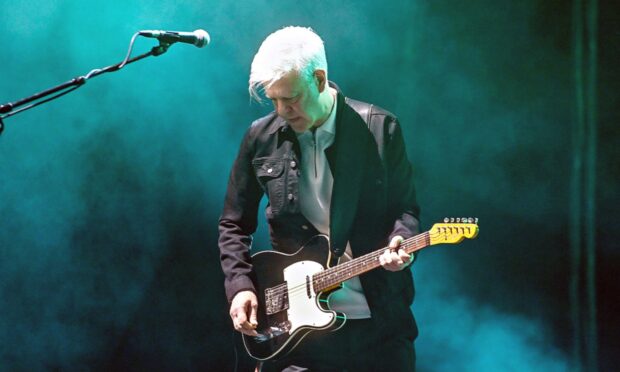
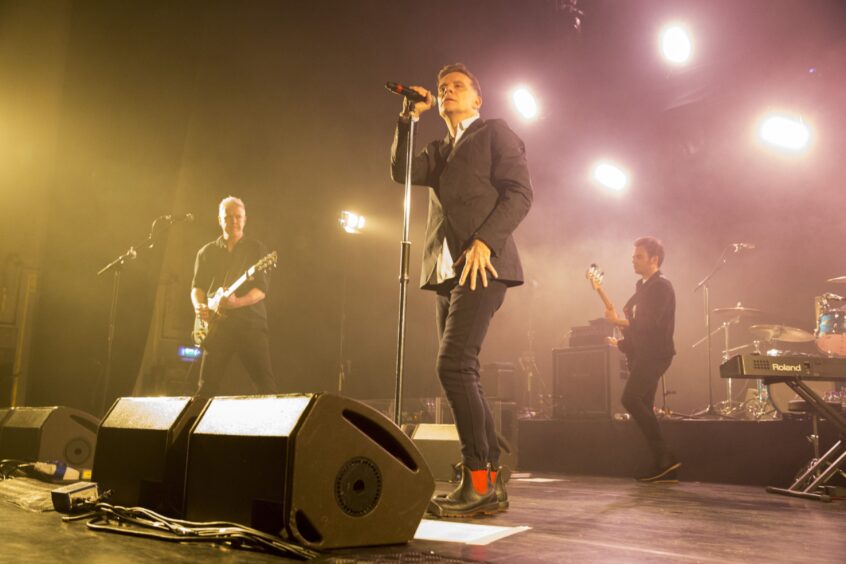
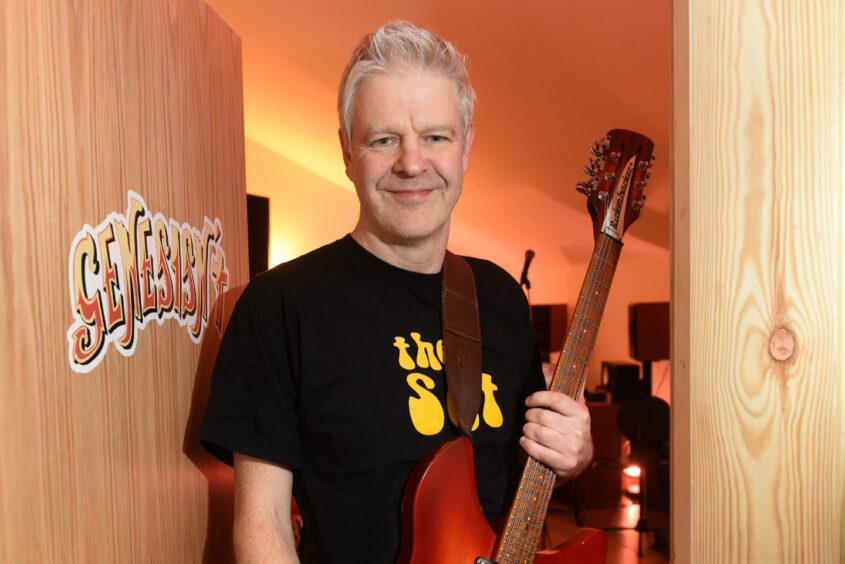
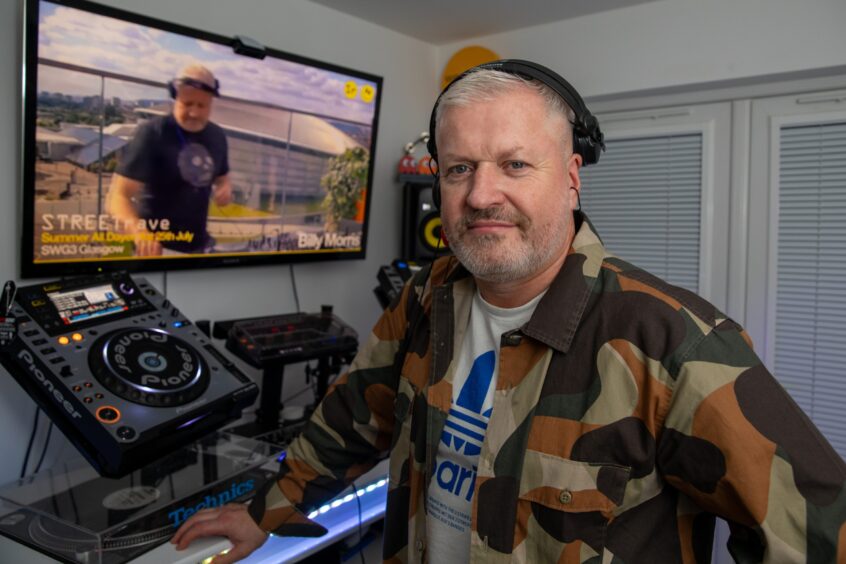
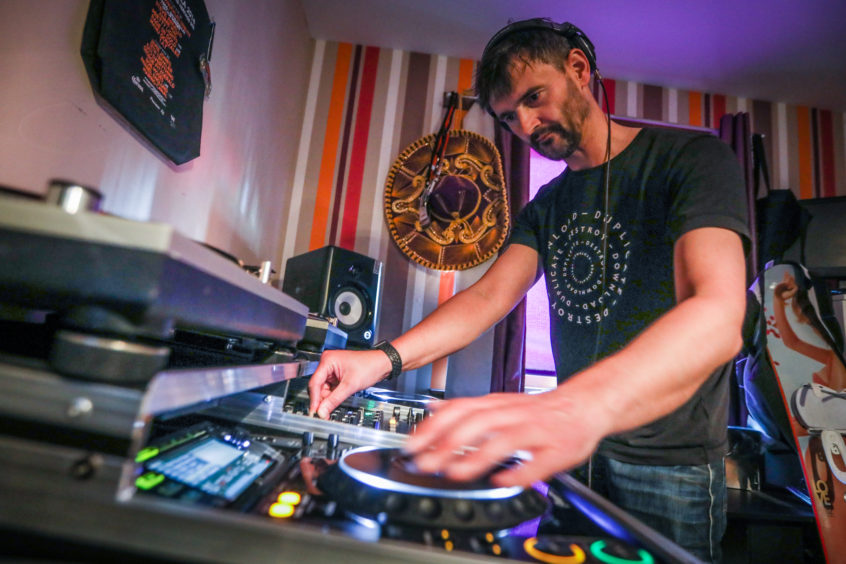
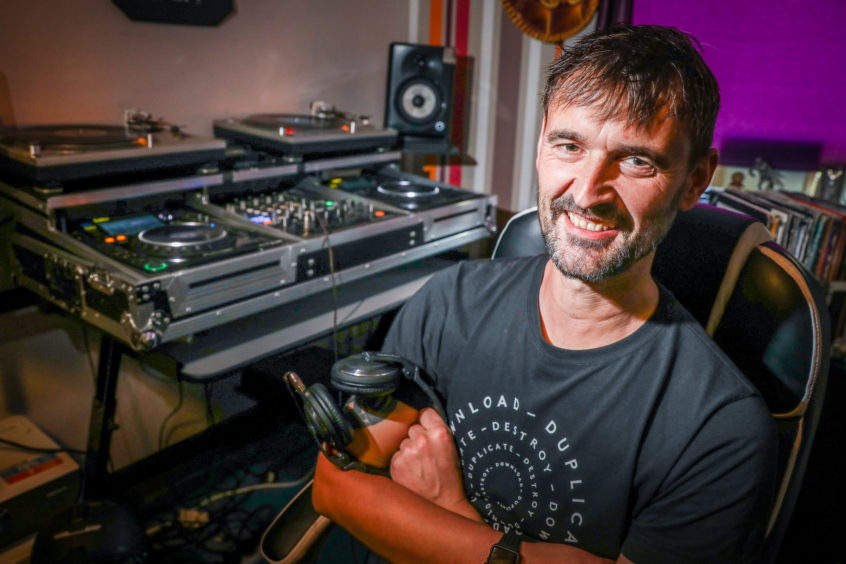

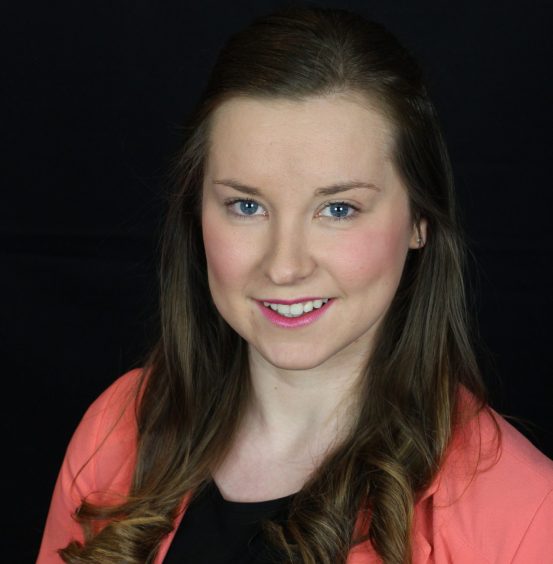

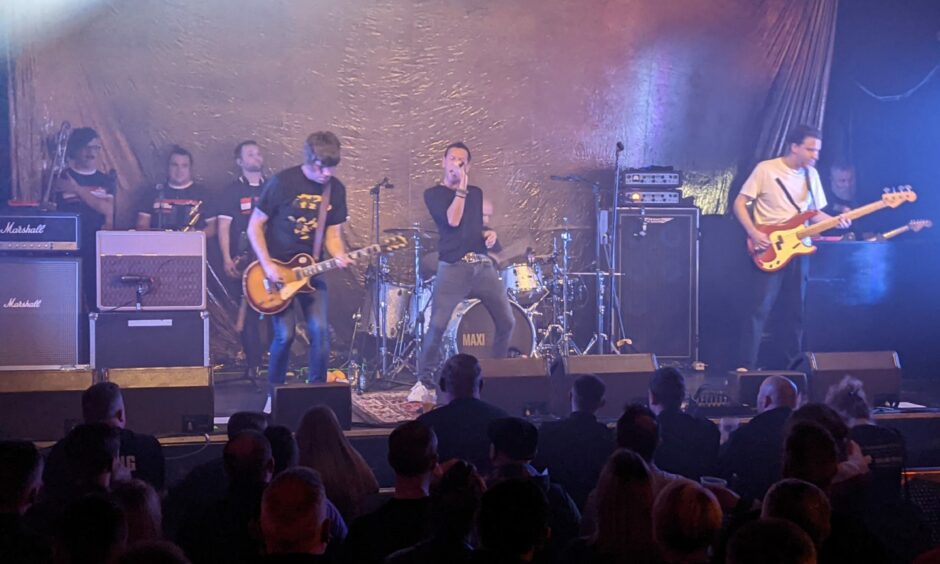

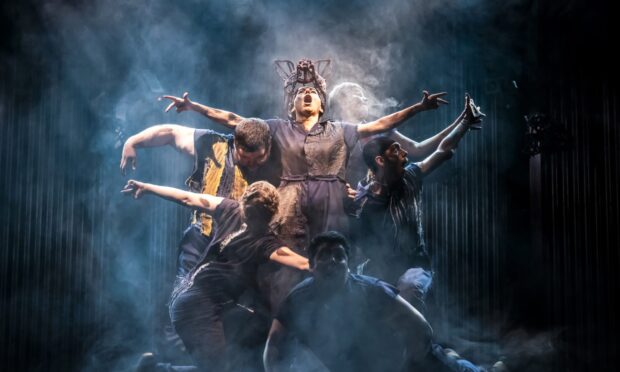


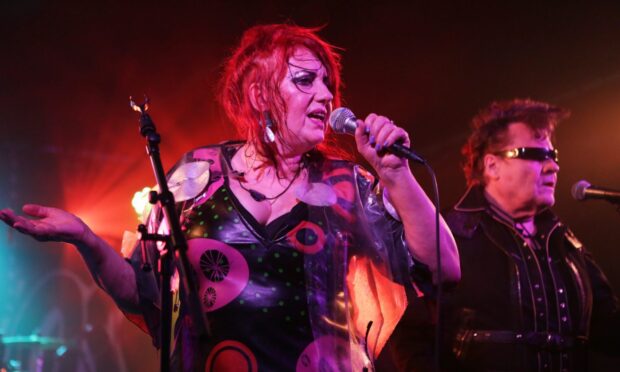
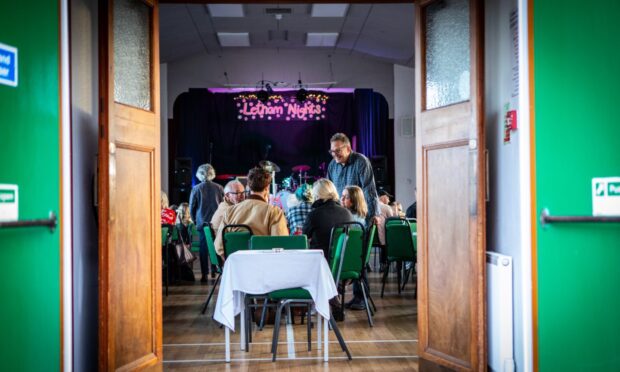
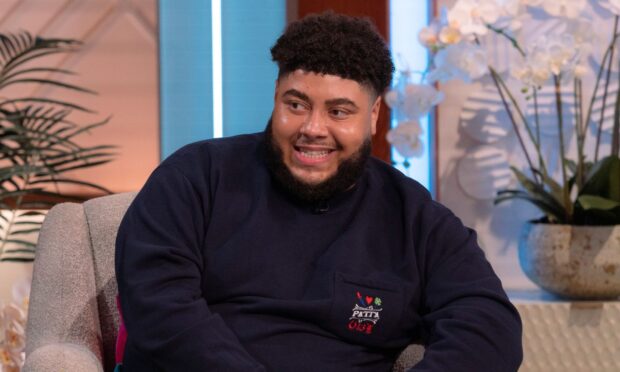
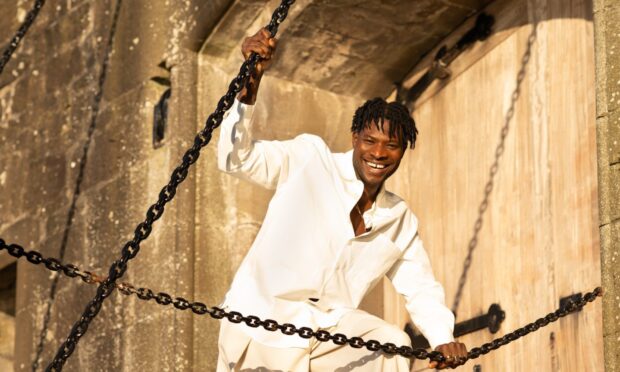


Conversation